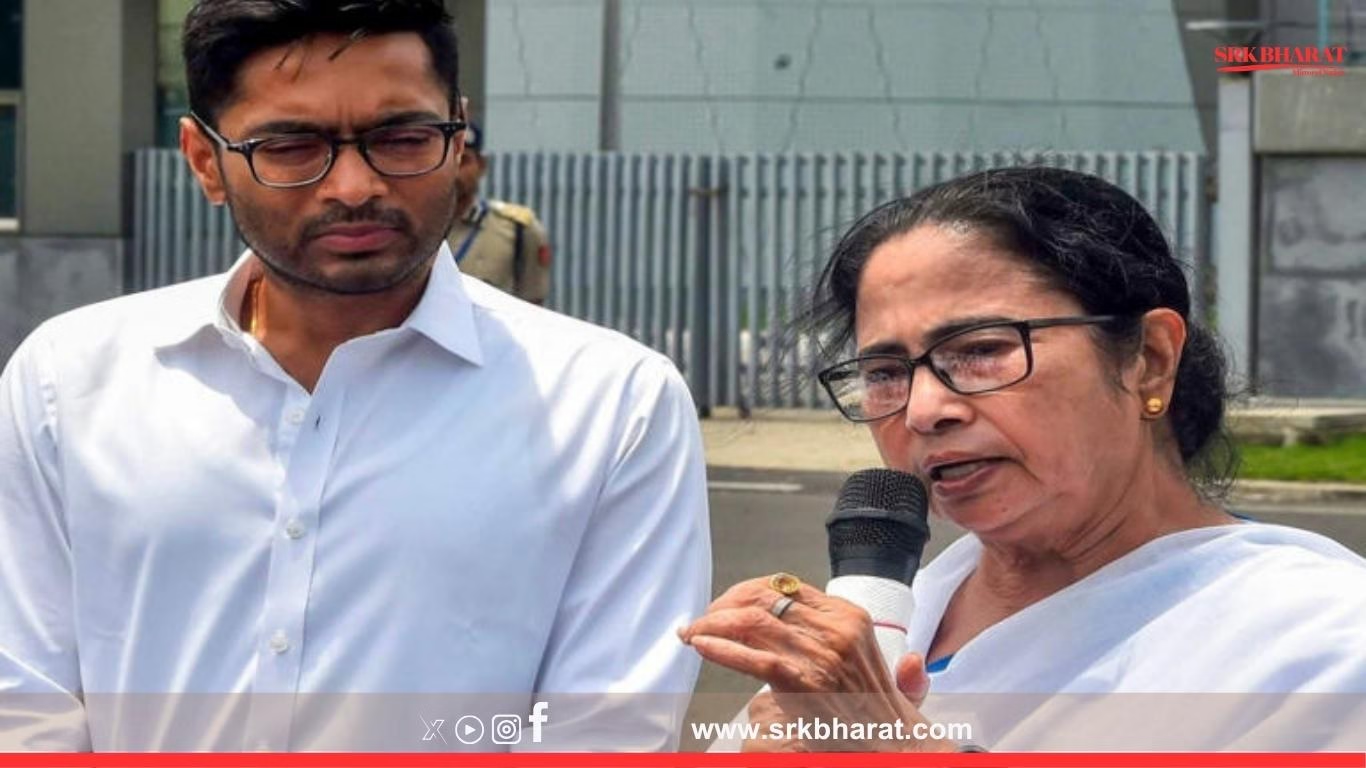In a landmark ruling underscoring its commitment to protecting vulnerable communities, the Supreme Court of India has granted interim relief to a Rohingya woman facing deportation. The temporary stay order halts the removal process against the woman—who has been declared a foreigner by immigration authorities—pending further review of her case. This decision comes as a vital protective measure while the legal merits and humanitarian concerns are re-examined by the apex court.
The court’s order was issued after careful consideration of the submissions made by the woman’s lawyers, who argued that her forced deportation could violate her fundamental human rights and international legal norms. Legal experts note that the ruling highlights the judiciary’s proactive stance in balancing national immigration policies with humanitarian imperatives, particularly in cases involving ethnic minorities and asylum seekers.
This development follows a series of public interest litigations regarding the deportation of Rohingya refugees, where previous petitions were dismissed due to a lack of credible evidence. However, the current order reflects the court’s willingness to intervene where compelling humanitarian and legal arguments are presented. The interim relief provides the woman with protection from imminent deportation while her case awaits a comprehensive hearing.
The decision has drawn praise from human rights organizations, who view it as a positive step toward ensuring that vulnerable individuals are not subjected to abrupt or unjust removal from India. At the same time, government authorities have raised concerns about maintaining strict immigration protocols and national sovereignty. The case is set to be revisited in subsequent hearings, where further evidence and legal arguments will be considered before any final decision on her deportation is made.
🔁 Share this article to stay updated on the evolving legal landscape surrounding the rights of Rohingya refugees and other vulnerable populations in India.











